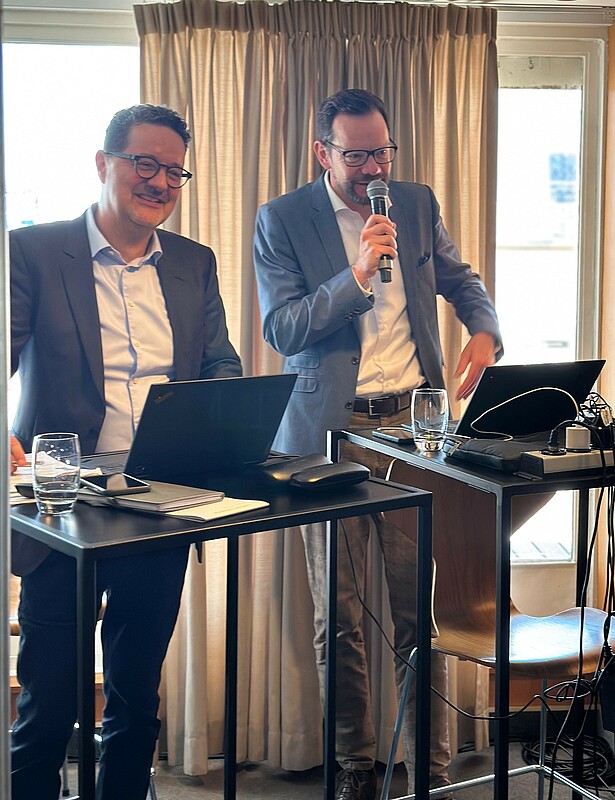Representatives from 50 Railway Undertakings and applicants from across Europe convened for the FTE Plenary Assembly this year in Rotterdam.
FTE brought together management and business experts from timetabling and production planning departements of Railway undertakings and applicants. Central to the discussions was the draft Regulation on the use of railway infrastructure, as it will affect and shall improve the planning, production and business of the RUs in the future.
The members decided on the following FTE statement calling for harmonised European rules that consider market demands:
Following ongoing negotiations on the proposed regulation on rail infrastructure capacity and reaffirming earlier FTE Plenary Assembly statements, the most recent from 6 June 2024, the members of FTE are urging European stakeholders to consider the sector's needs when finalising this important legislation. This should include the following basic principles:
- Common European Rules by Default: These European rules should not be overridden by incompatible national rules, whether from infrastructure managers or binding national strategic guidance.
- Market-Oriented Timetable: The timetable shall be based on the needs of customers. It shall be a result of a dialogue from applicants with infrastructure managers and also with Member States on their strategic guidance – but not single-sided imposed by one of these actors. Likewise, the strategic capacity management phase is crucial but should not bring unnecessary rigidities, for example IMs should not be able to reject path request which do not 1:1 match with the capacity supply.
- Fair Commercial Conditions: Commercial Conditions should be a fair, simple and balanced system. It should apply from the moment the capacity right contract is concluded. Exceptions from paying Commercial Conditions for TCR planning after capacity rights were established would make the system overly complicated, unreadable and unfair for the market side.
- Sector Standards as a Regulatory Foundation and a Safeguard Clause: The Regulation and subsequent European frameworks should be based on sector standards. However, a “safeguard clause” is necessary, allowing the European Commission to step in with Implementing or Delegated Acts at any time in case of the IMs not agreeing on common rules and/or the IMs not applying common rules and/or the applicants considering the rules created or applied by the IMs as not harmonised and/or not fit for purpose.
Earlier needs communicated by FTE remain valid in addition to this statement.
Additionally, the members welcomed the idea of a European Railway Platform (ERP), designed to serve as a counterpart from the applicants’ and operational stakeholders’ side for the future European Network of Infrastructure Managers (ENIM). The ERP shall provide consolidated input and feedback from operational stakeholders on future European Frameworks and technical standards and come up with own initiatives to improve the planning and use of railway infrastructure capacity. FTE members tasked the FTE Executive Board and office with taking an active role in this platform, both in the establishment and its future work. To be fit for this role, FTE shall also evaluate partnerships and expand its focus towards Traffic Management, as expressed clearly by the Plenary Assembly.
President Philipp Mäder positively summarised the Plenary Assembly, stating: “Members expressed great trust in the work the FTE Executive Board and Office are doing. Given FTE's experience in providing market input from both a technical and business perspective, members called for the association to actively contribute to a potential European Railway Platform. It was particularly reassuring to see that both passenger and freight members supported the proposals unanimously.”
